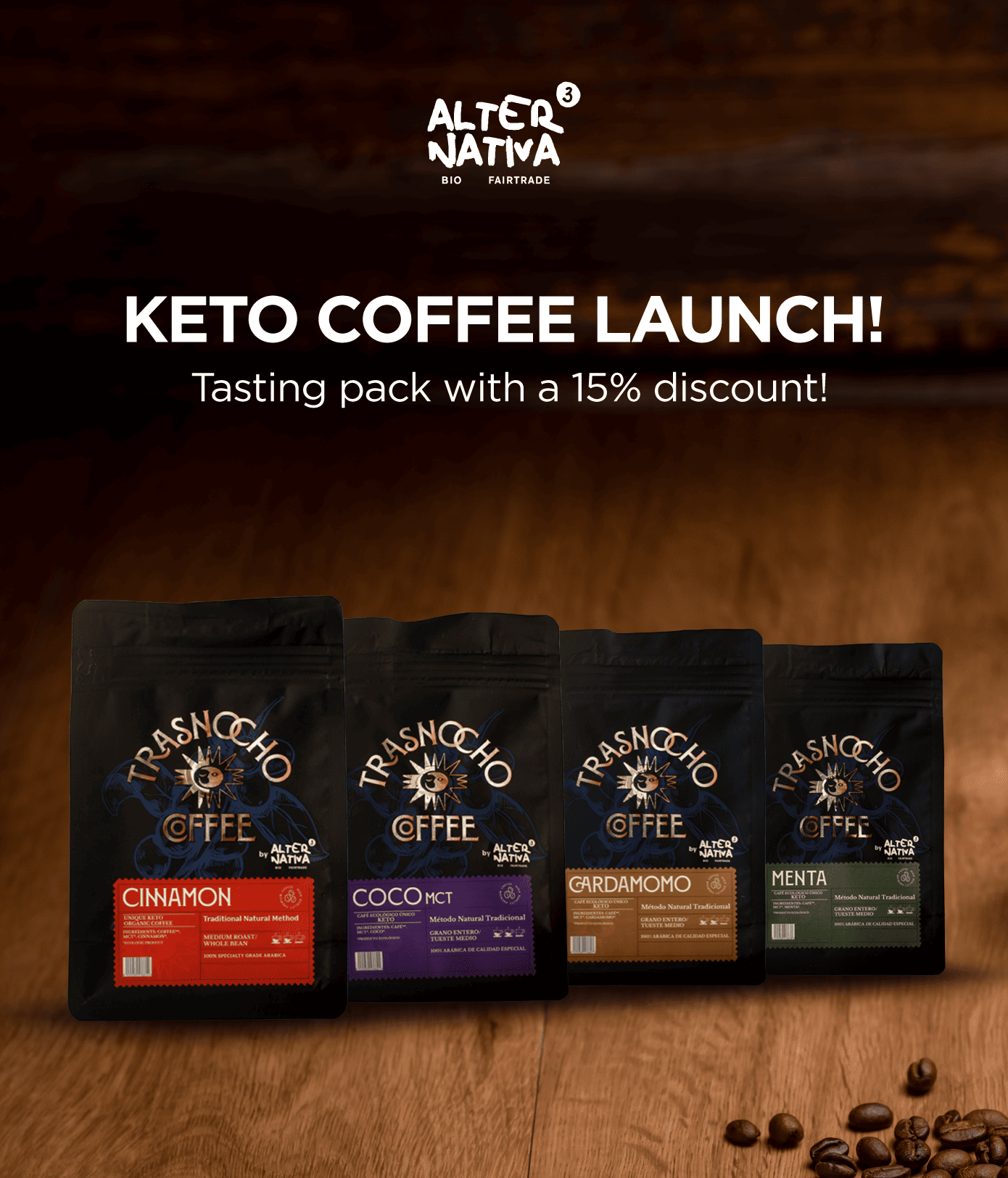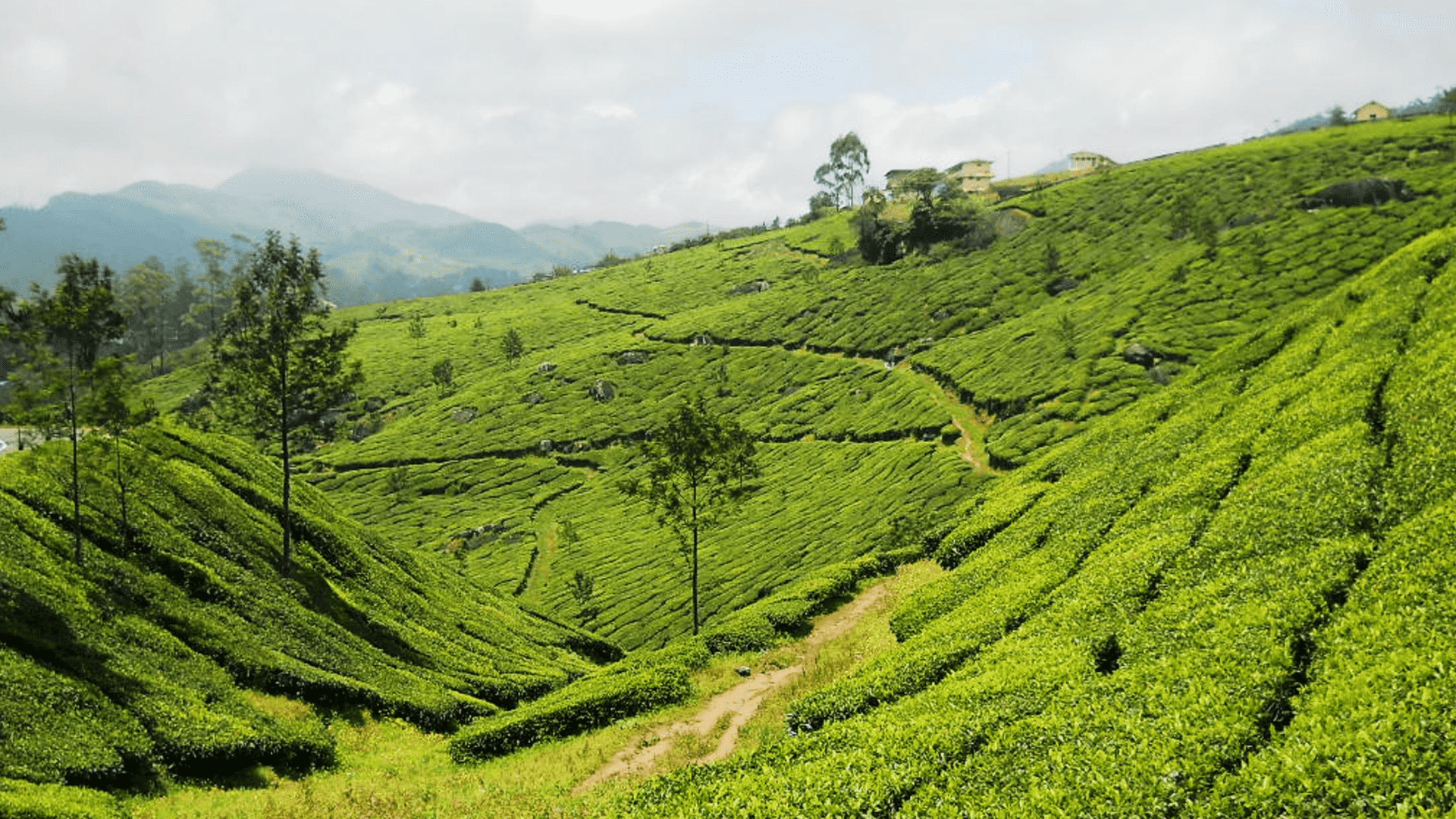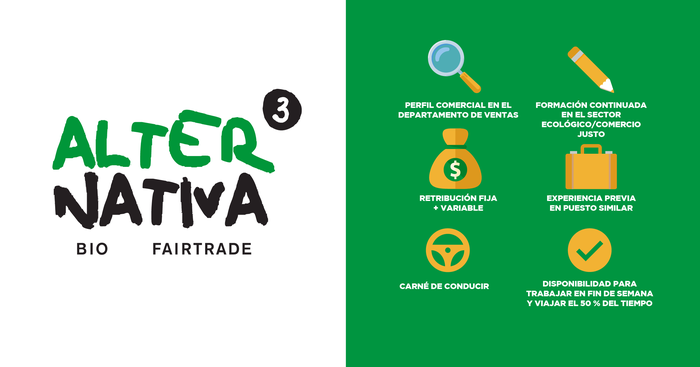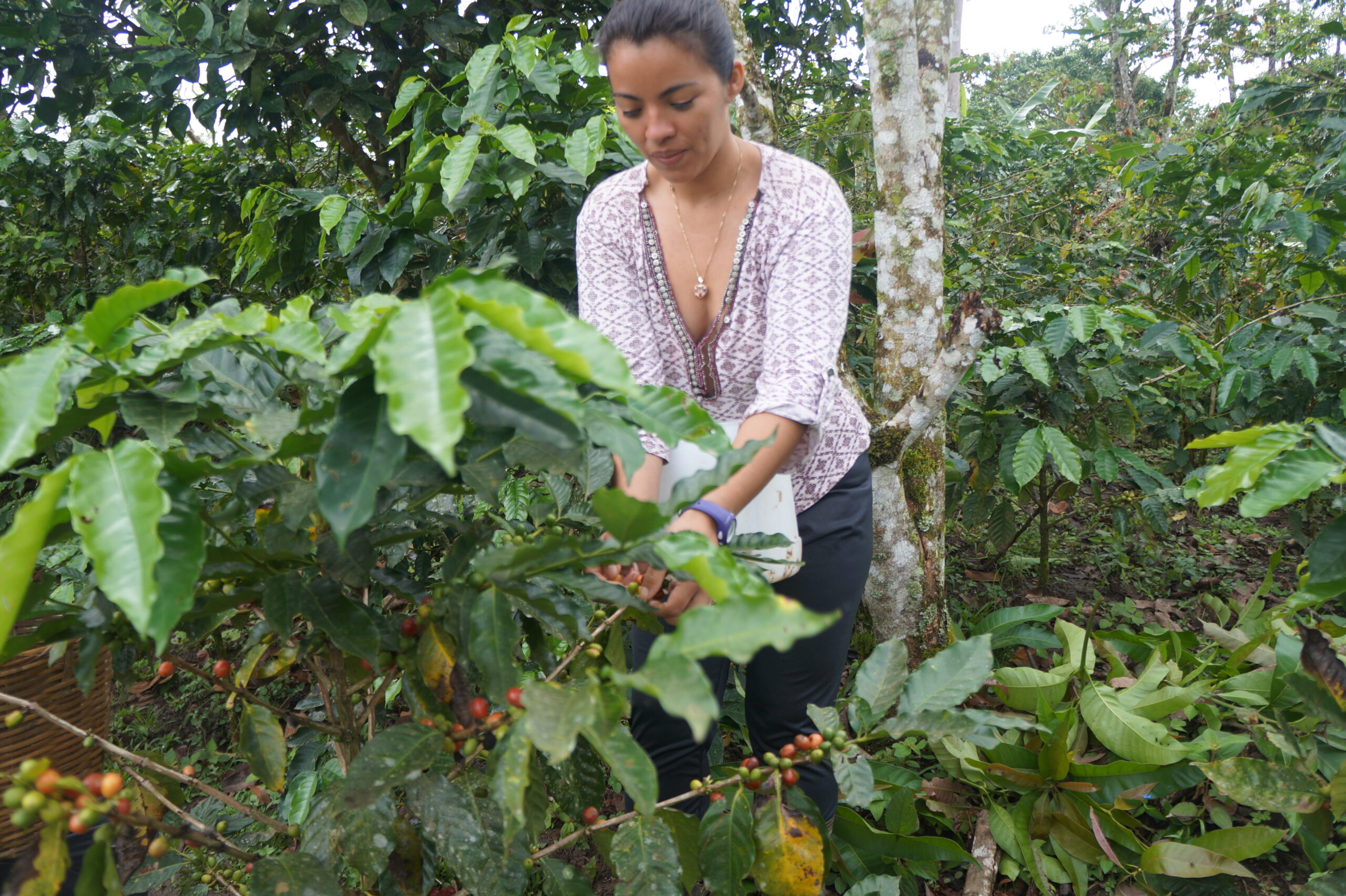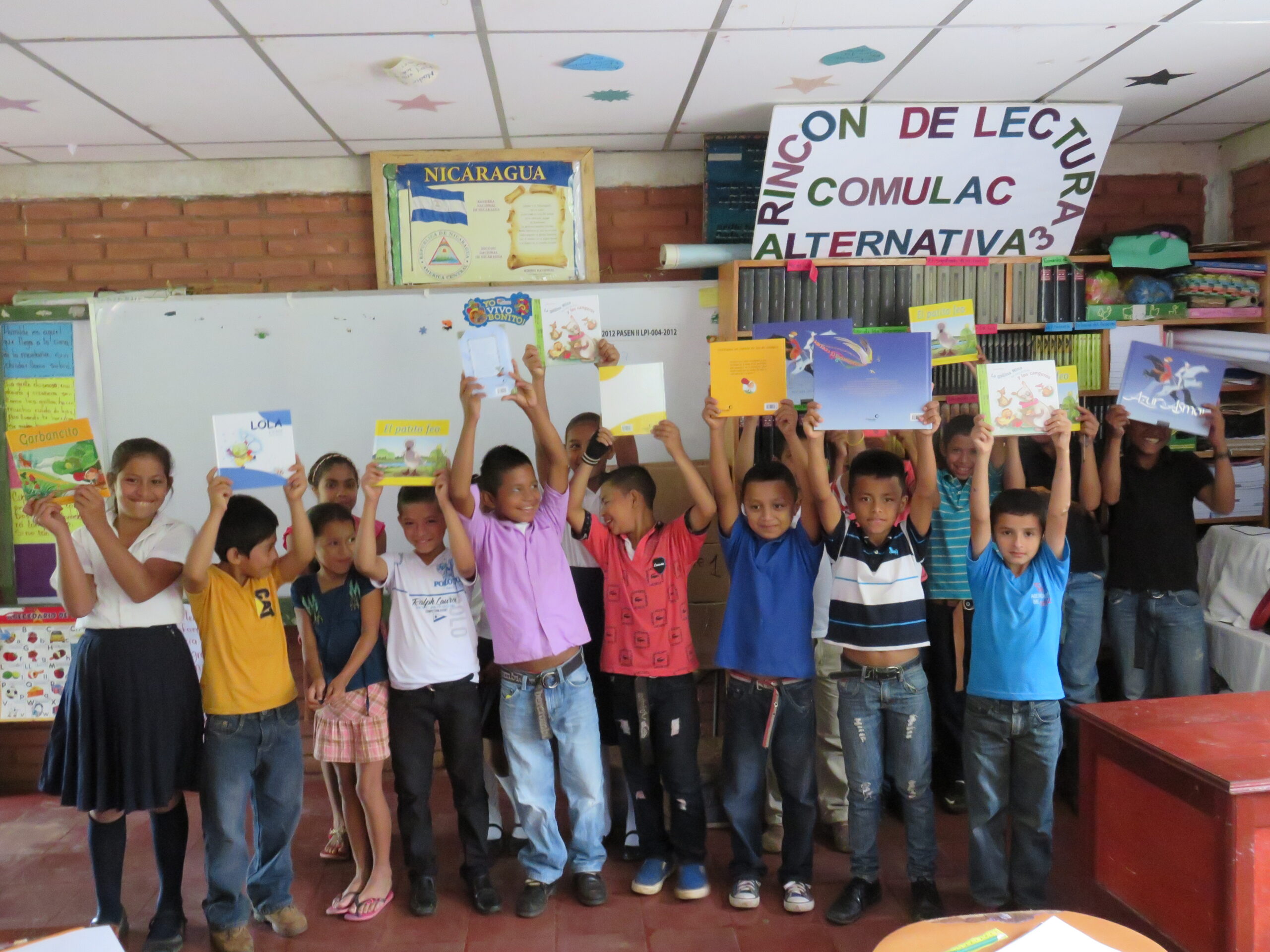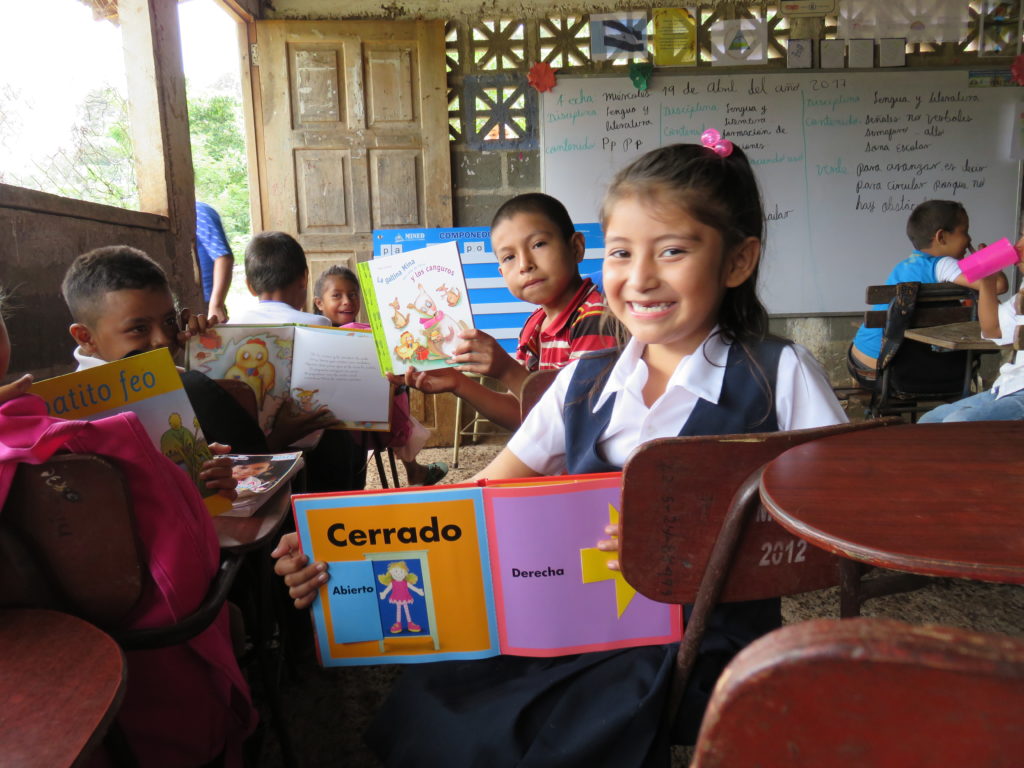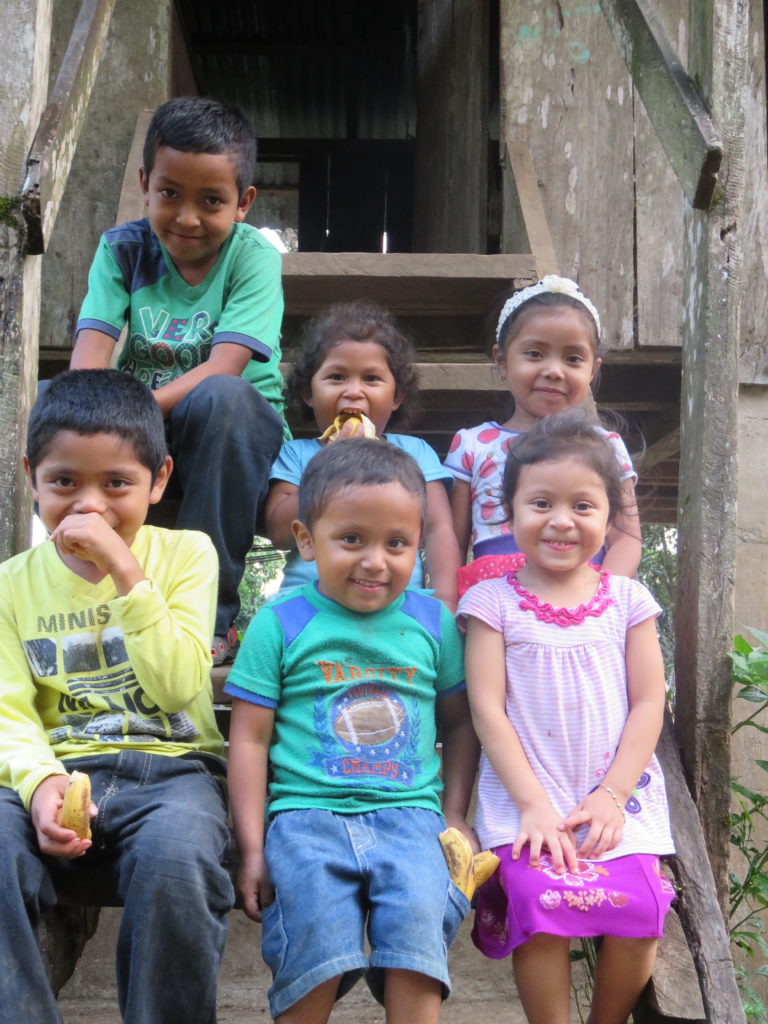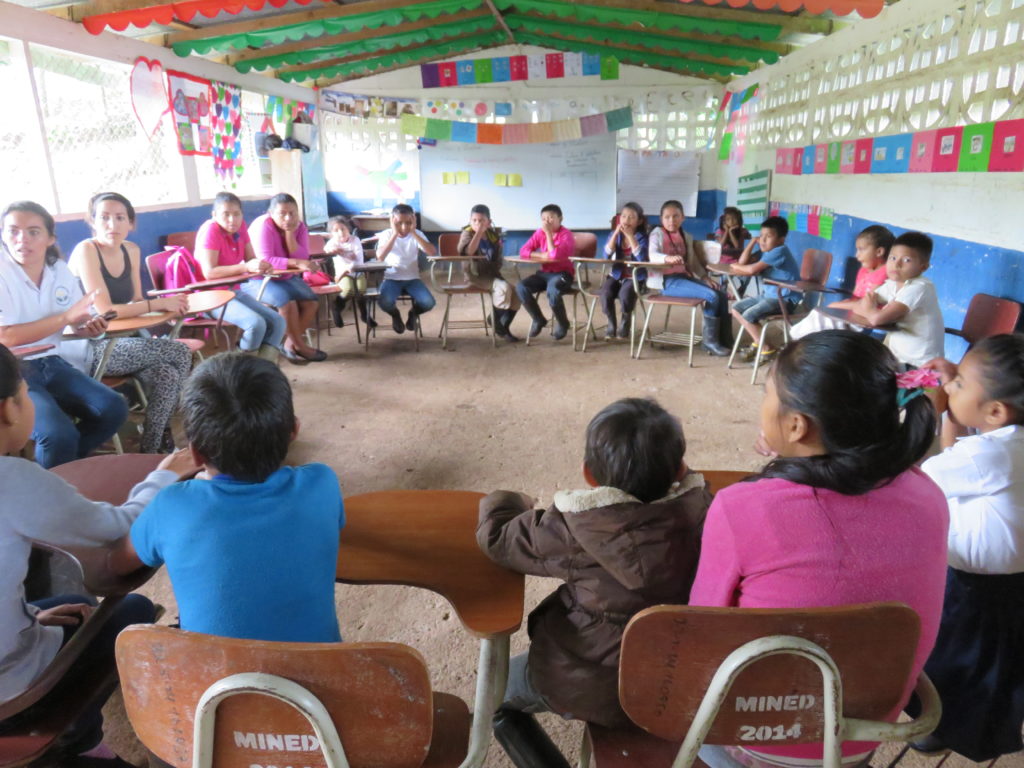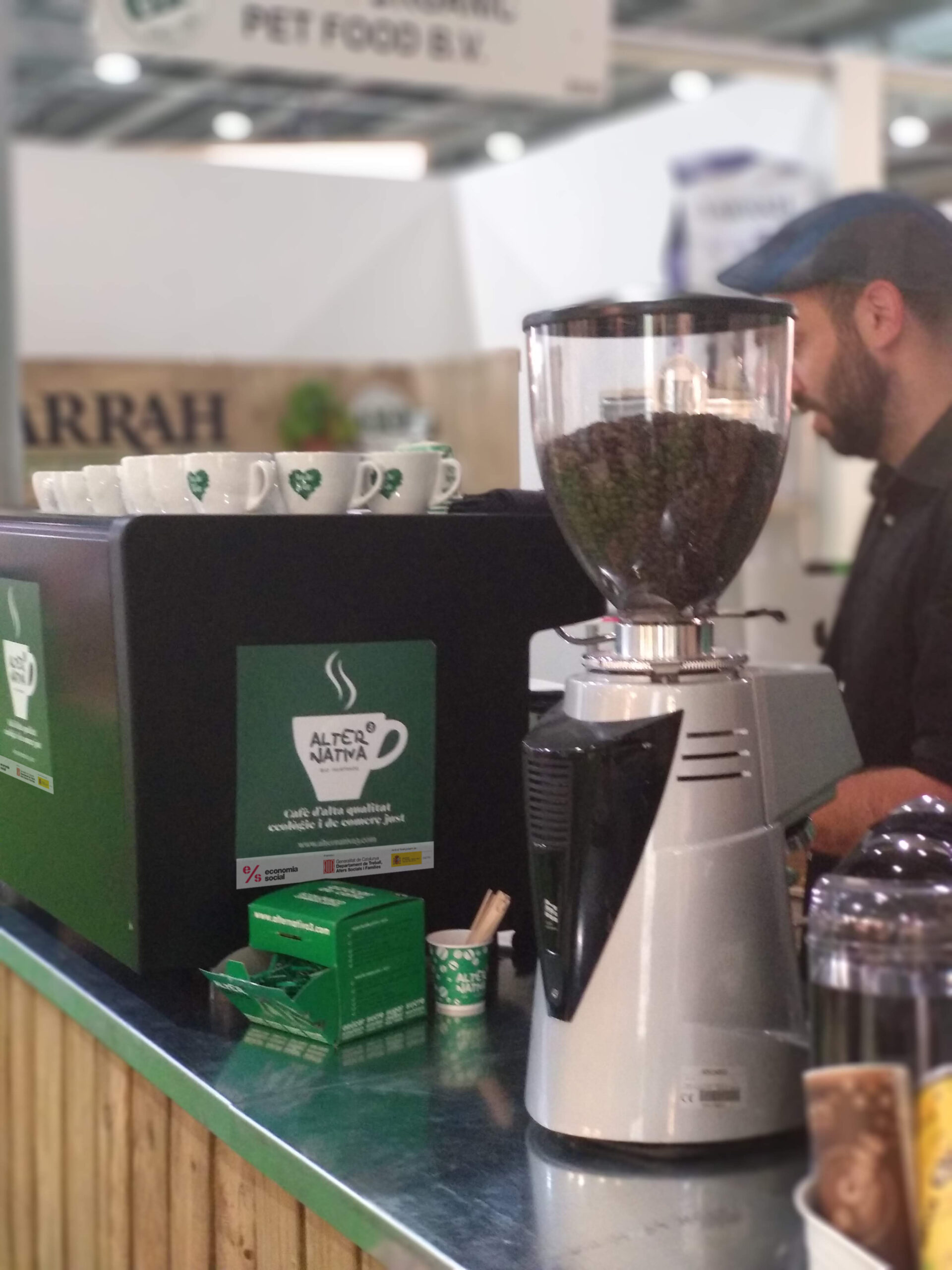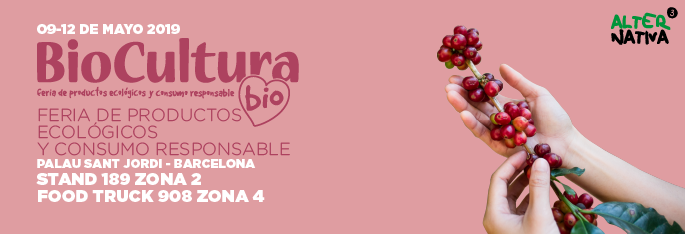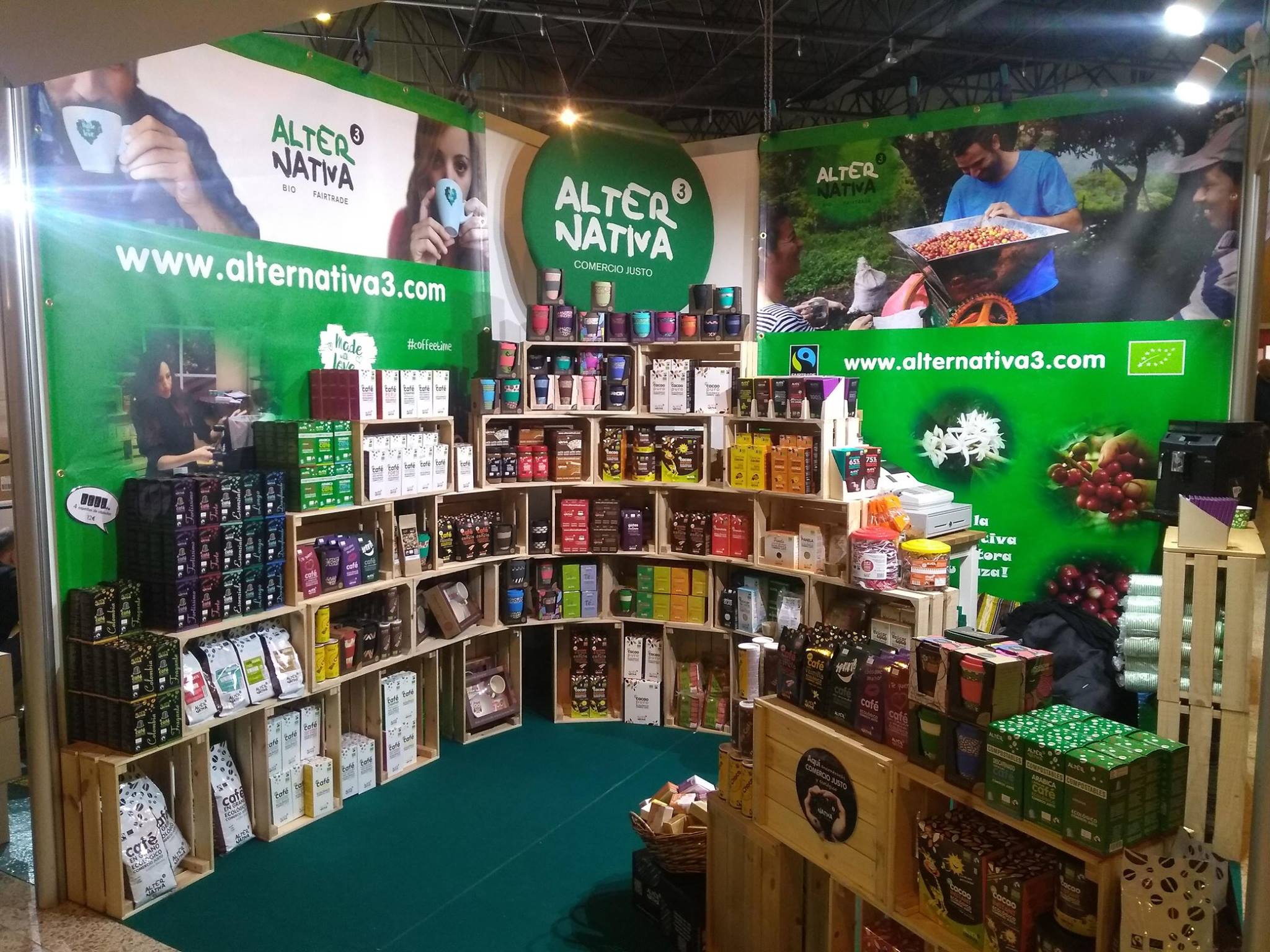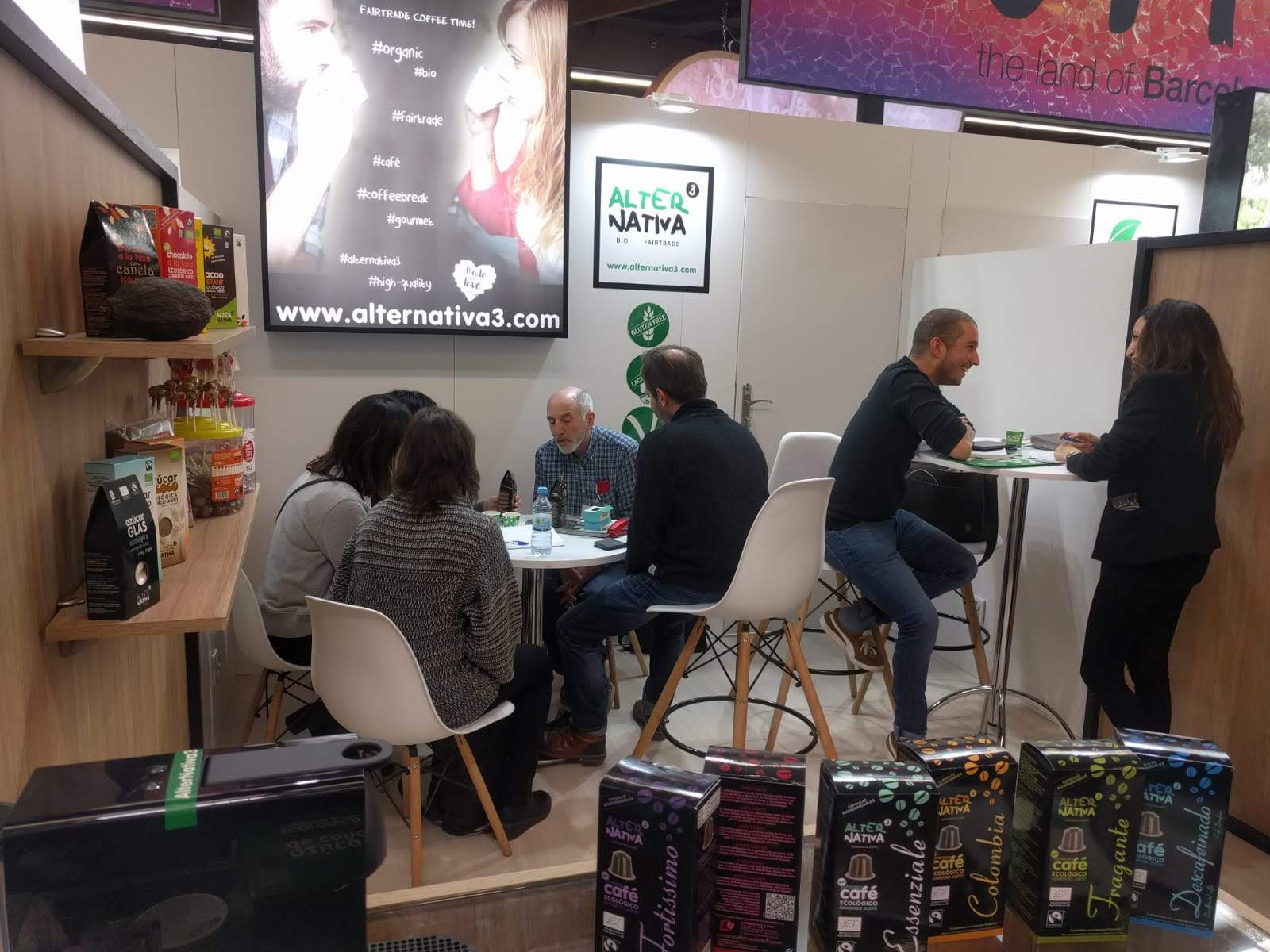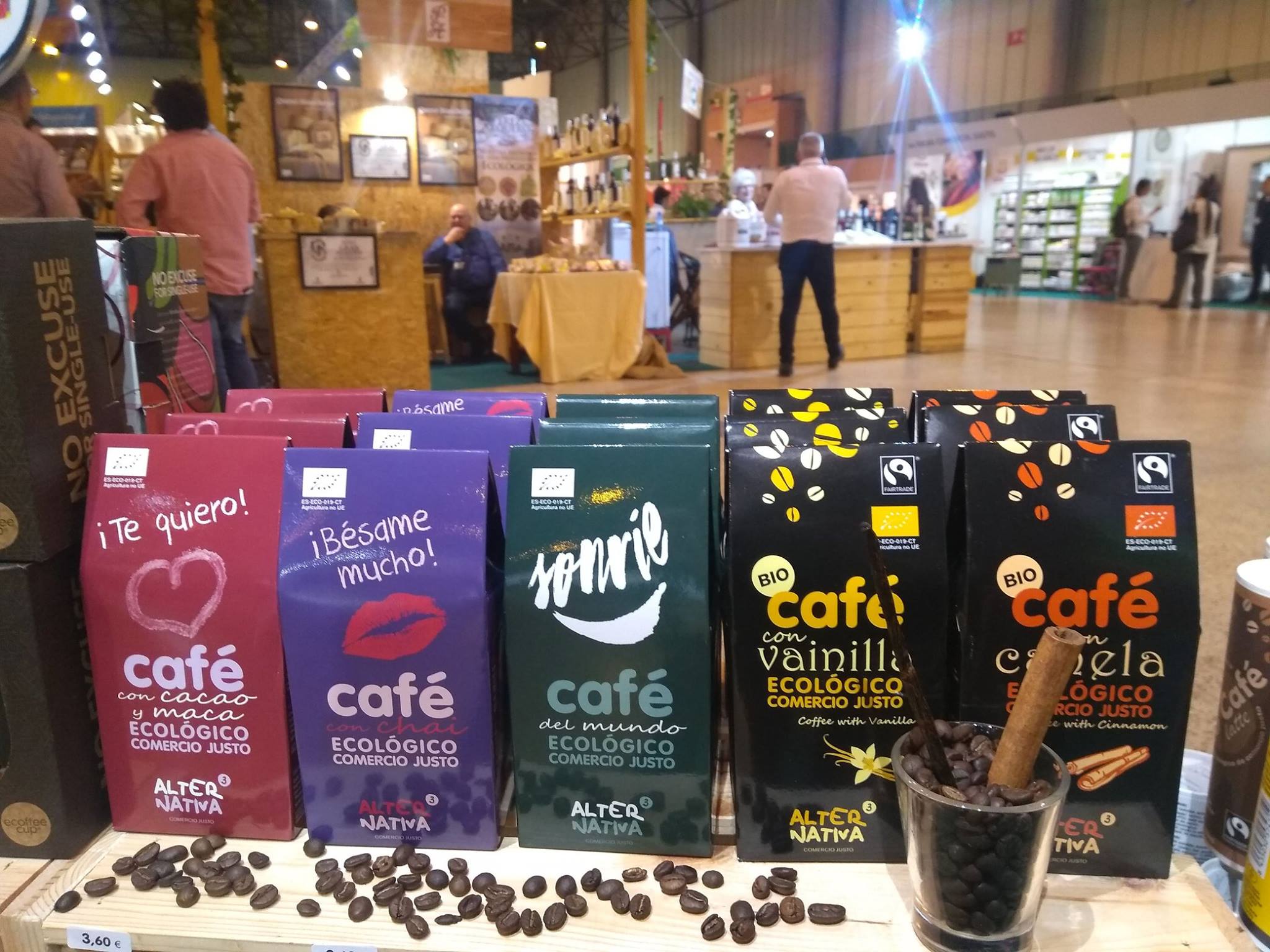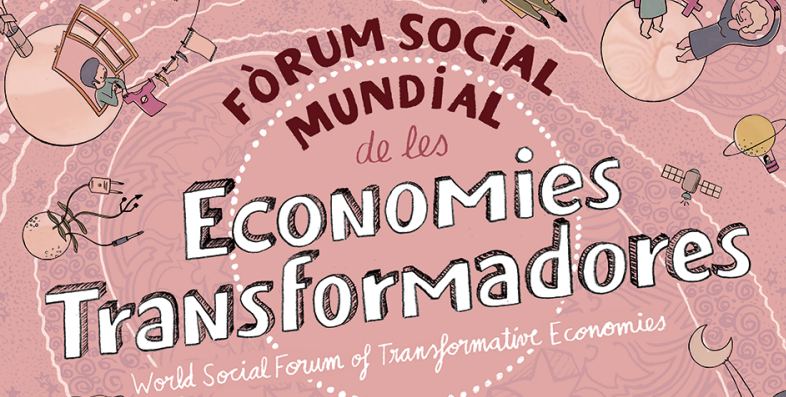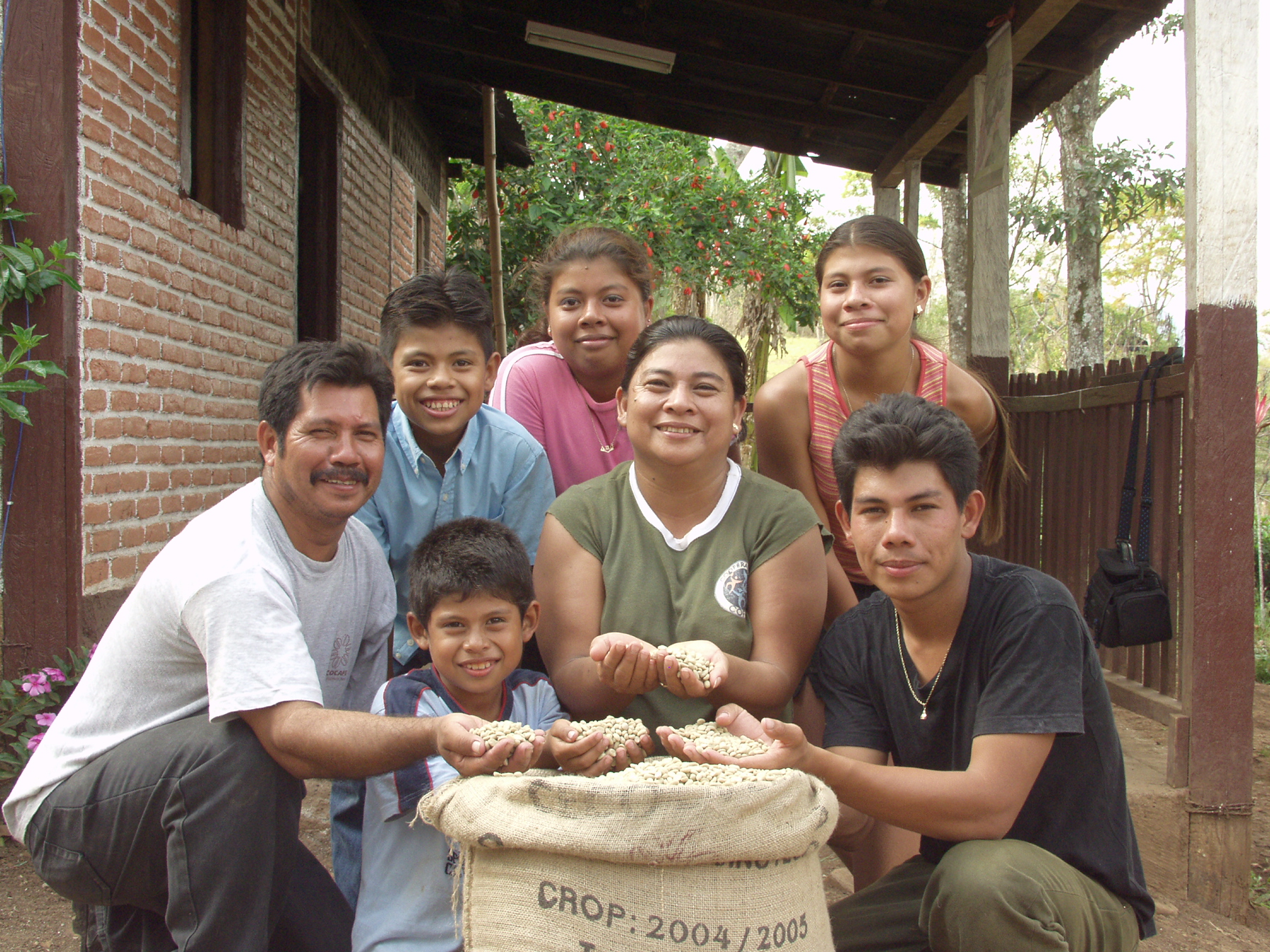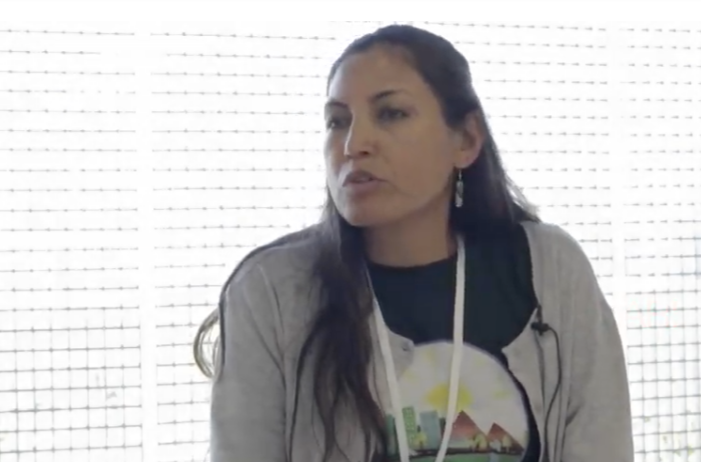AlterNativa3 adheres to the Climate Manifesto and supports the call for a Global Climate Strike on 27 September.
More than 300 organisations join the Global Climate Strike
In defence of the future, of a living planet and a just world, the undersigned individuals and collectives join and support the international call for a Global Climate Strike on 27 September 2019.
The signatory organisations call for the immediate declaration of the climate emergency and concrete measures are taken to rapidly reduce net greenhouse gas emissions to zero.
They demand a new socio-ecological model that does not compromise the survival of life as we know it.
Numerous cities and towns will host various events on 27 September in support of the Global Climate Strike. A date that takes place in the framework of the global climate mobilisations and the week of action from 20 to 27 September called by Fridays for Future.
"The good that nature does for people may still seem to many to be alien to our daily lives. But it is the basis of our food, clean water and energy: the essential part, not only of our survival, but also of our cultures, identities and enjoyment of life.
We must act to halt and reverse our unsustainable use of nature, or we will jeopardise not only the future we want, but also the lives we live today. Fortunately, the evidence also shows that we know how to protect and partially restore our vital natural assets.
The words of Robert Watson, of the Platform ".Science and policy for people and nature". (IPBES), are further proof that sustainability is possible and feasible.
The Fair Trade has been applying this maxim in its projects around the world for decades, demonstrating that there are indeed alternatives to this model of production, marketing and consumption, which is currently socially and environmentally unsustainable.
Faced with the serious realisation that the climate crisis is a consequence of a model of production and consumption that has proved to be inappropriate to meet the needs of many peoplewhich puts our survival at risk e unfairly impacts especially on the world's poorest and most vulnerable populationsWe, of the State Fair Trade Coordinating Committee, adhere to the Climate Manifesto y we support the call for the Global Climate Strike for the next 27 September.
